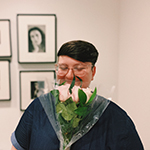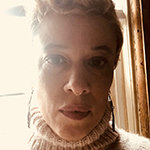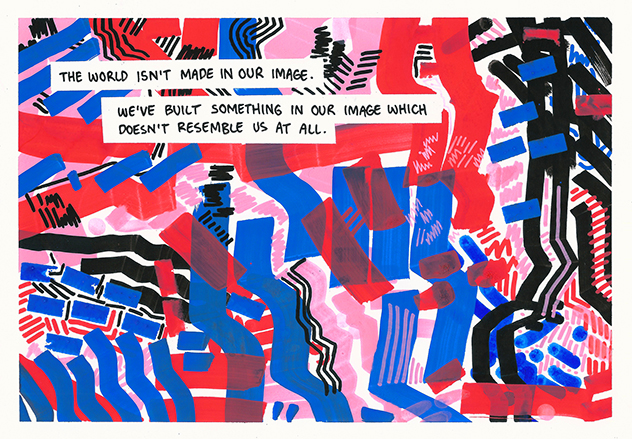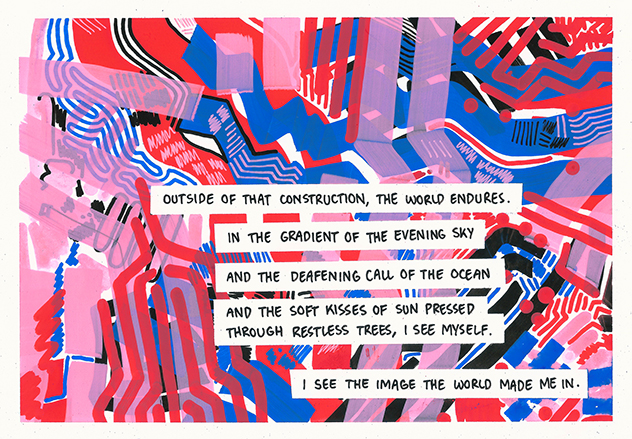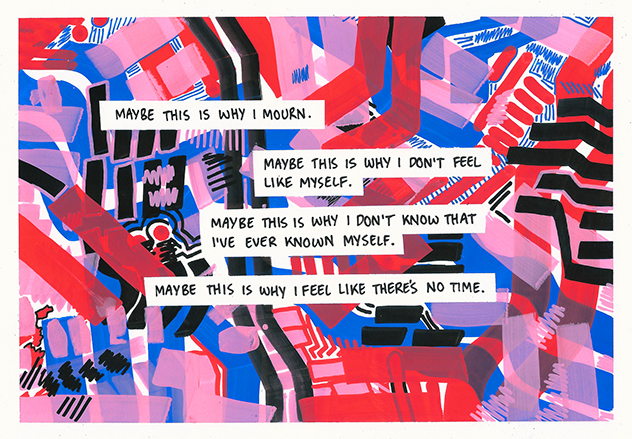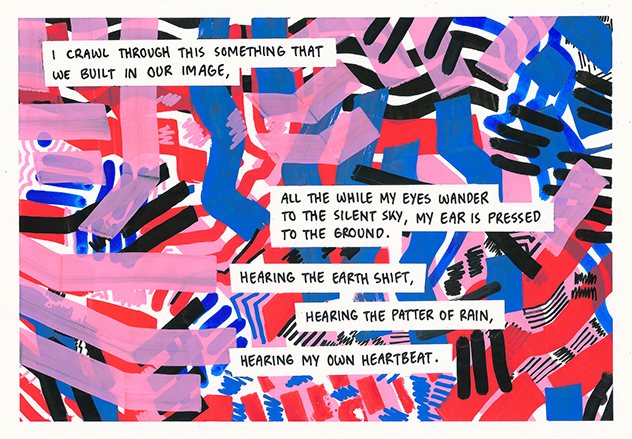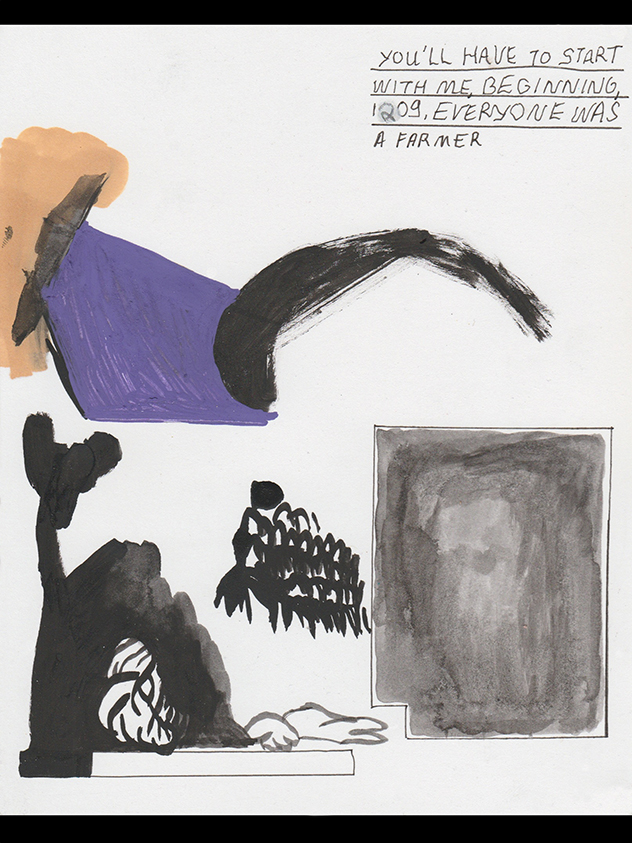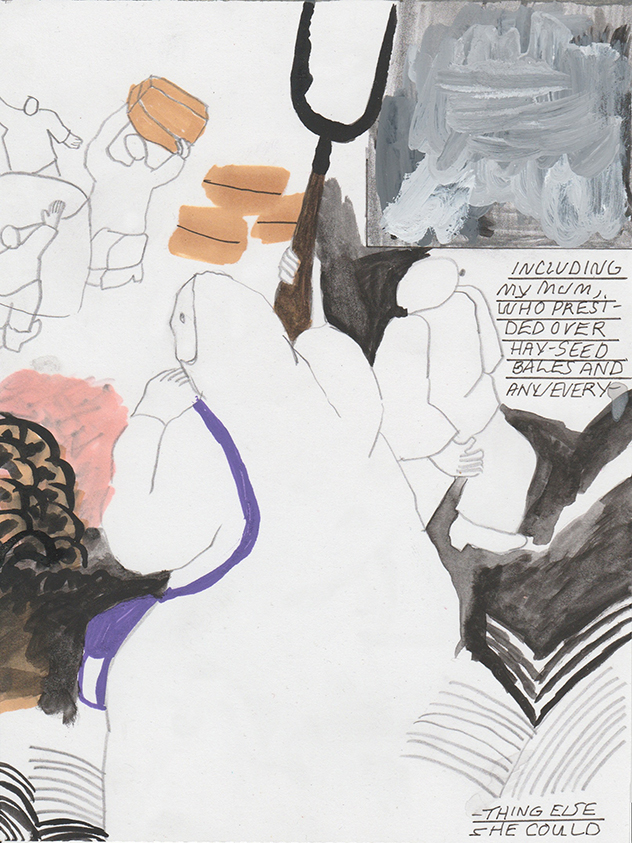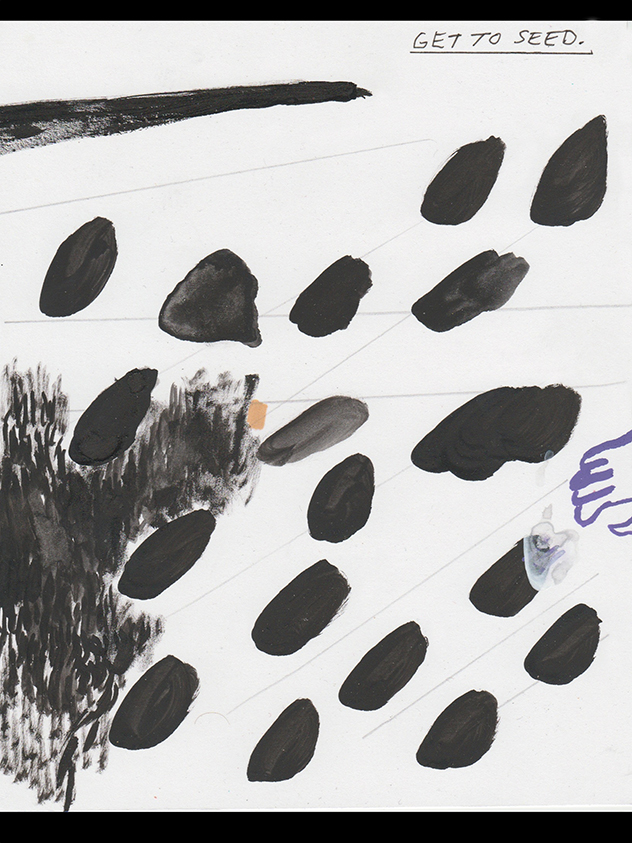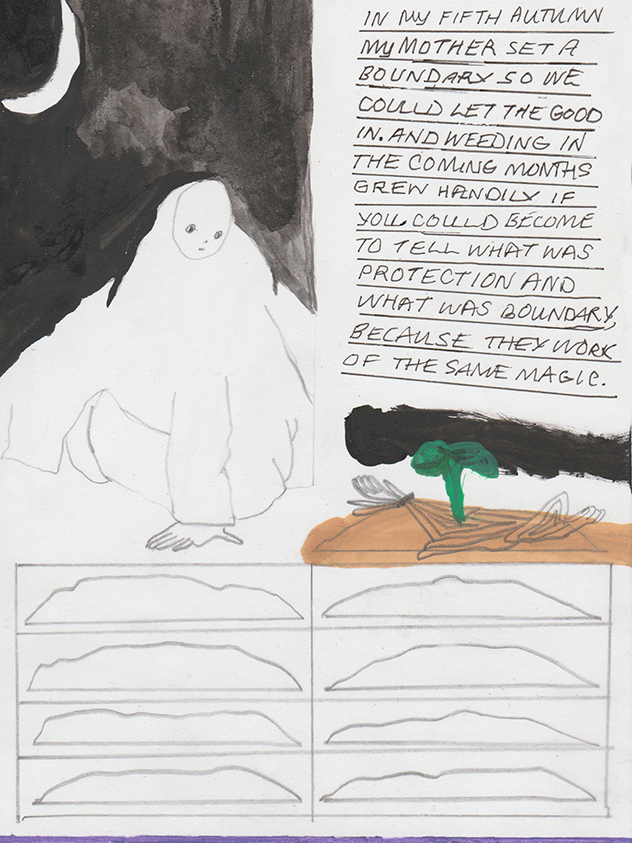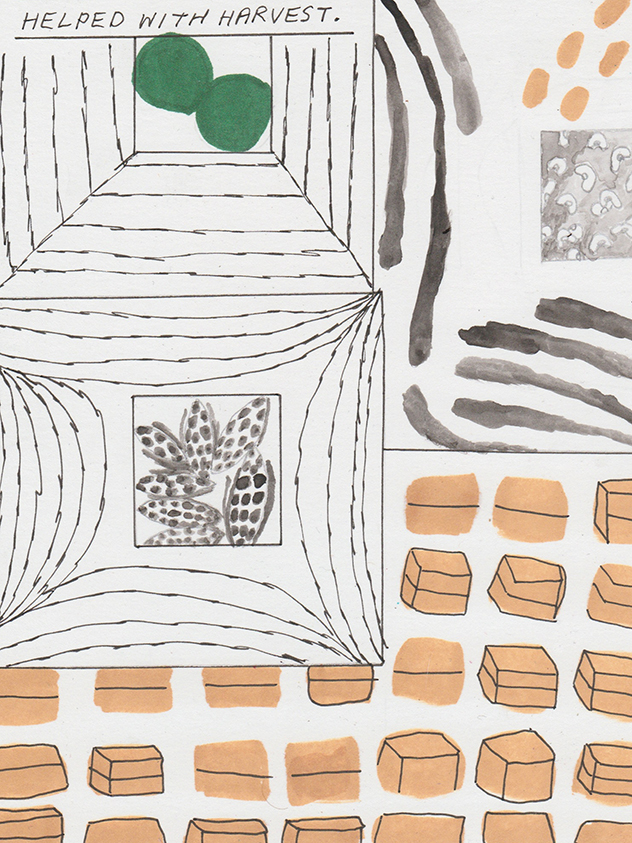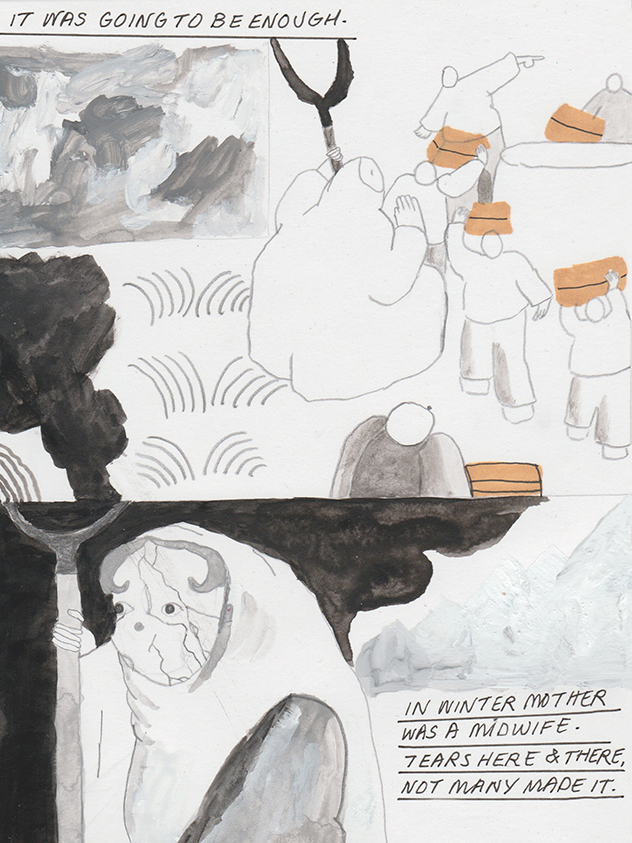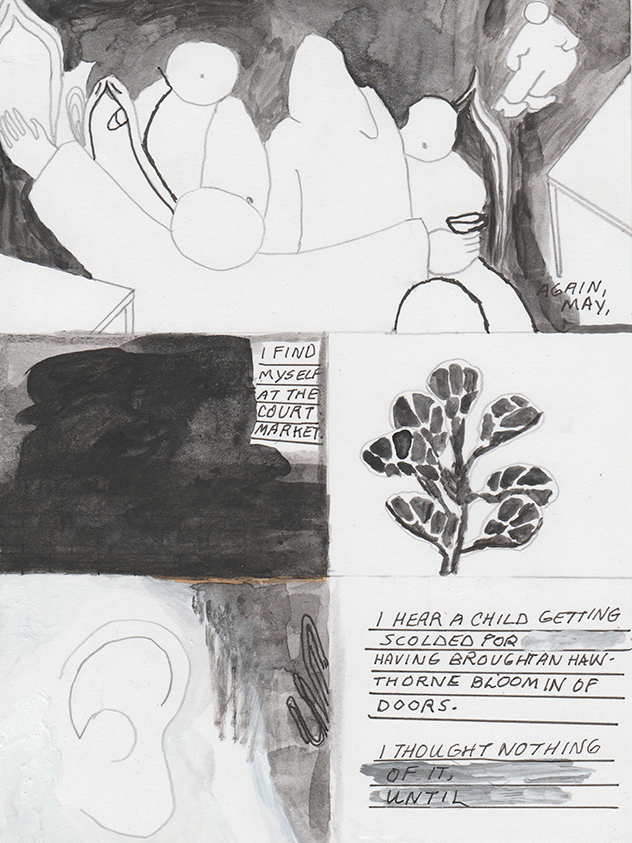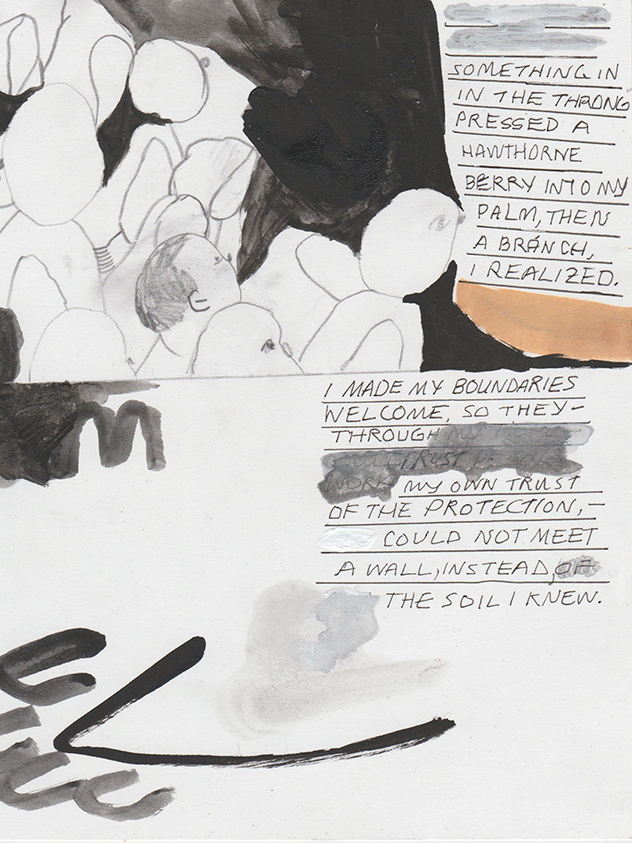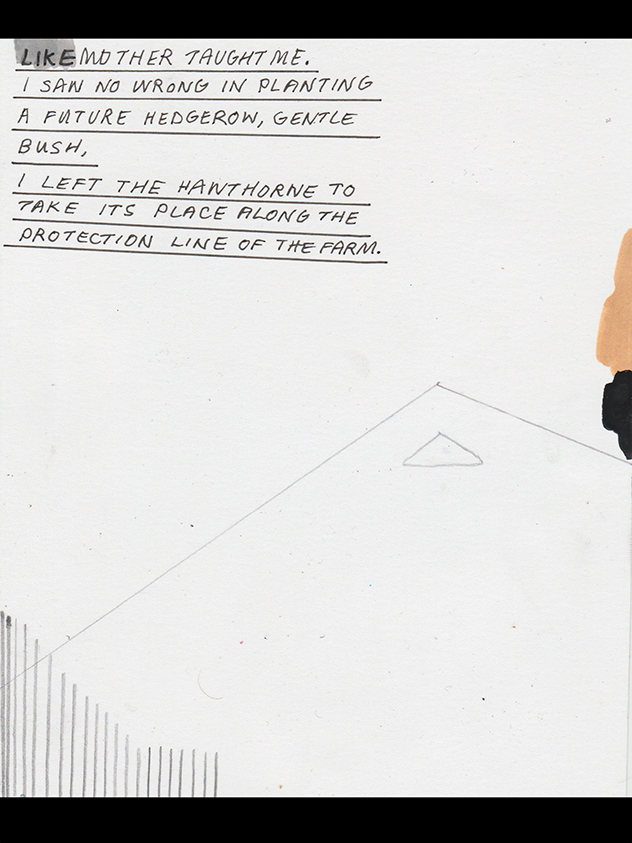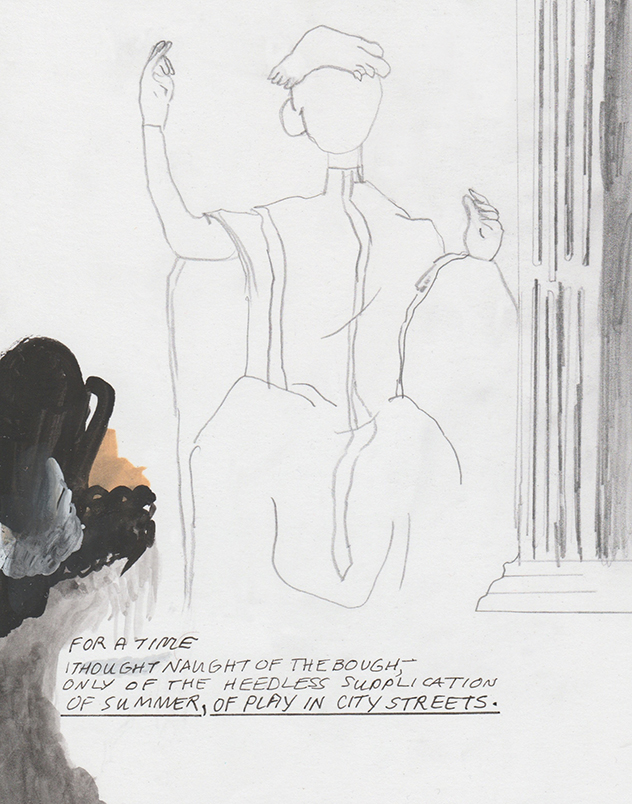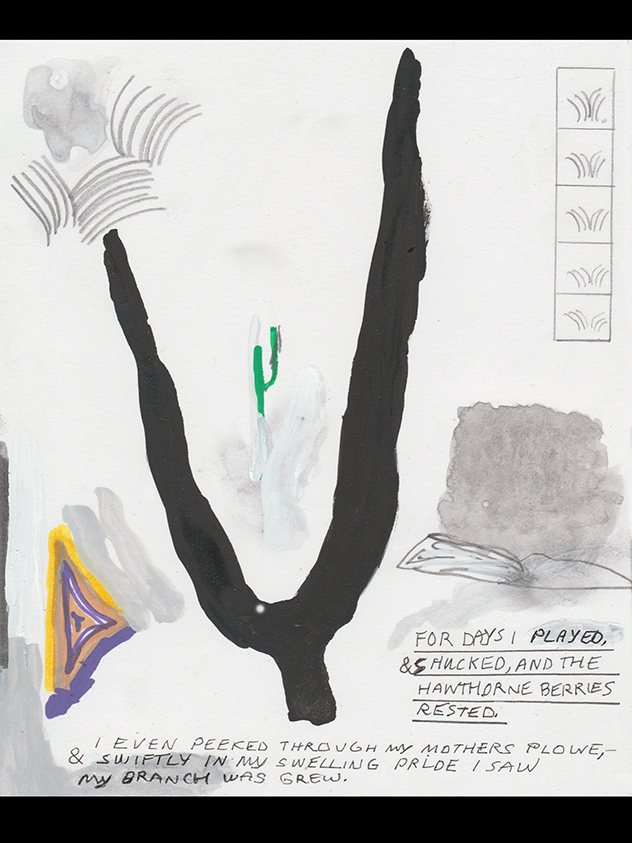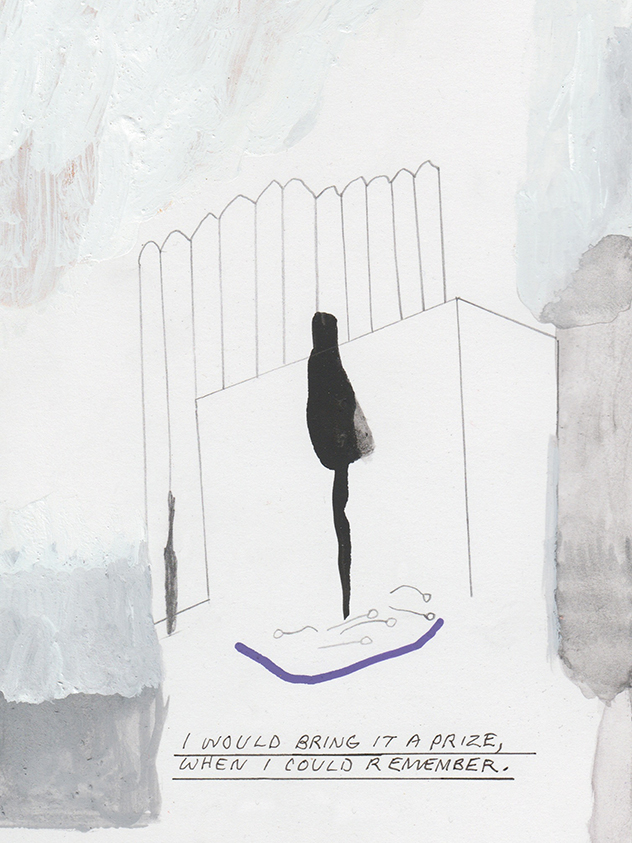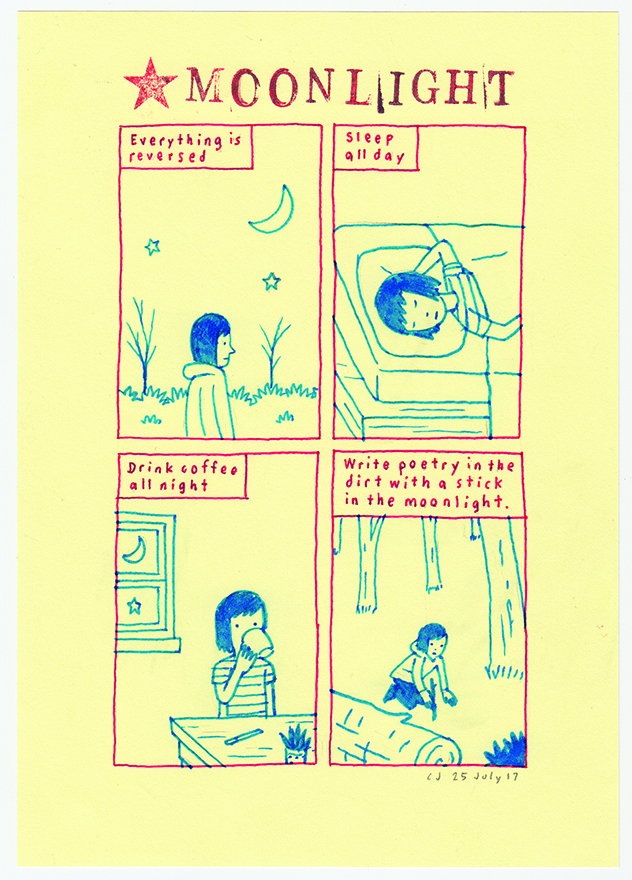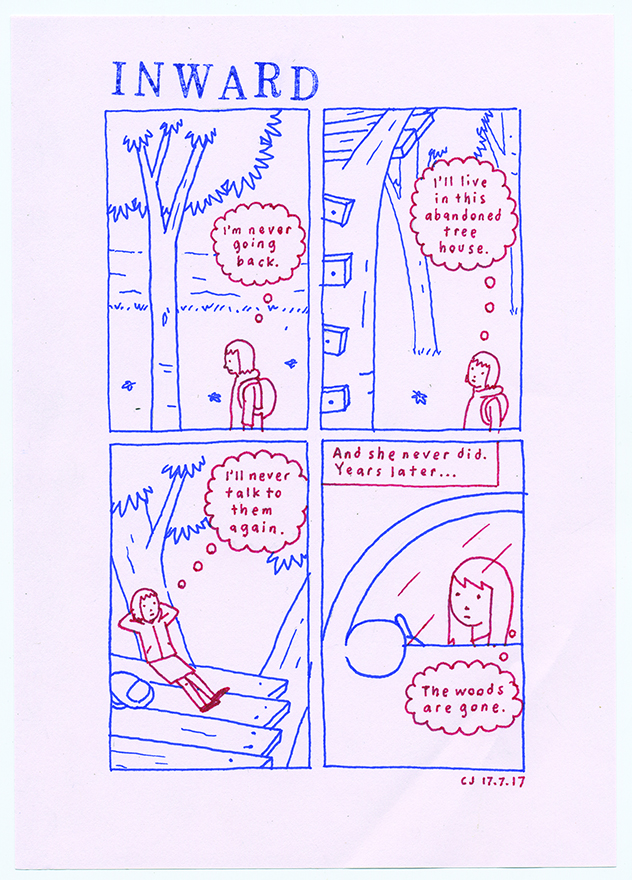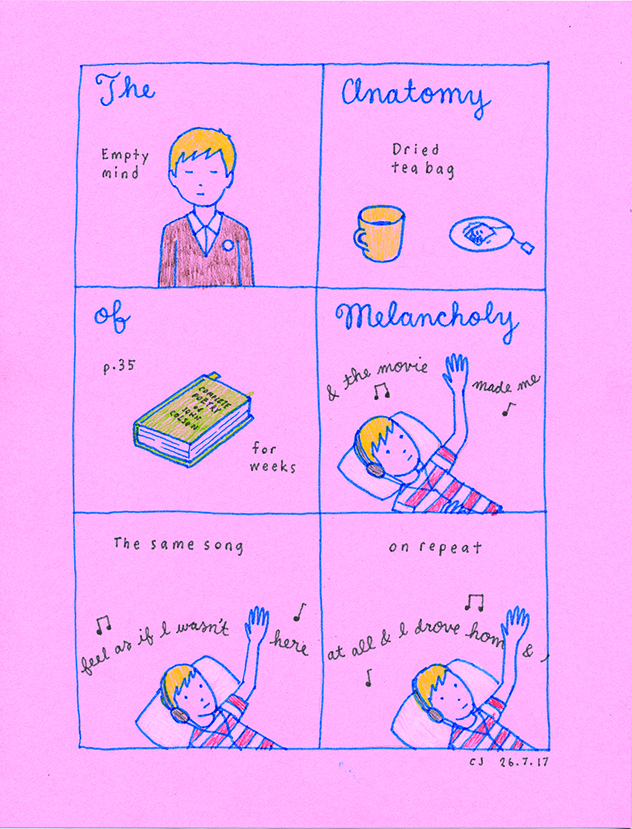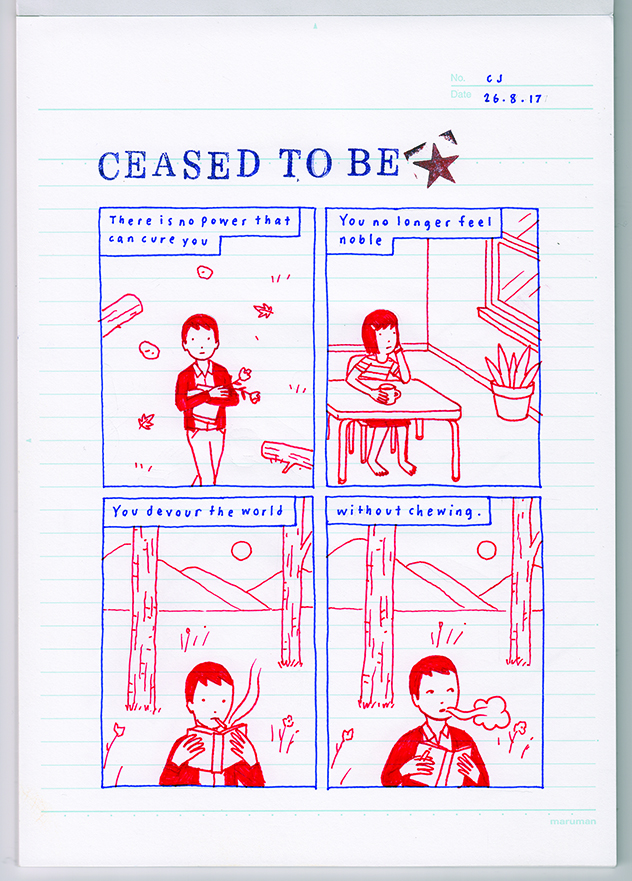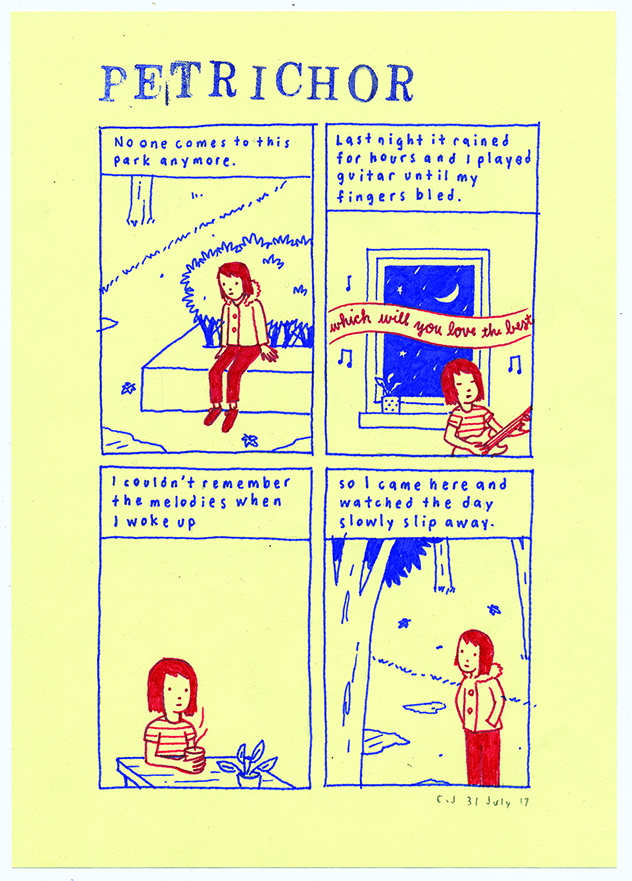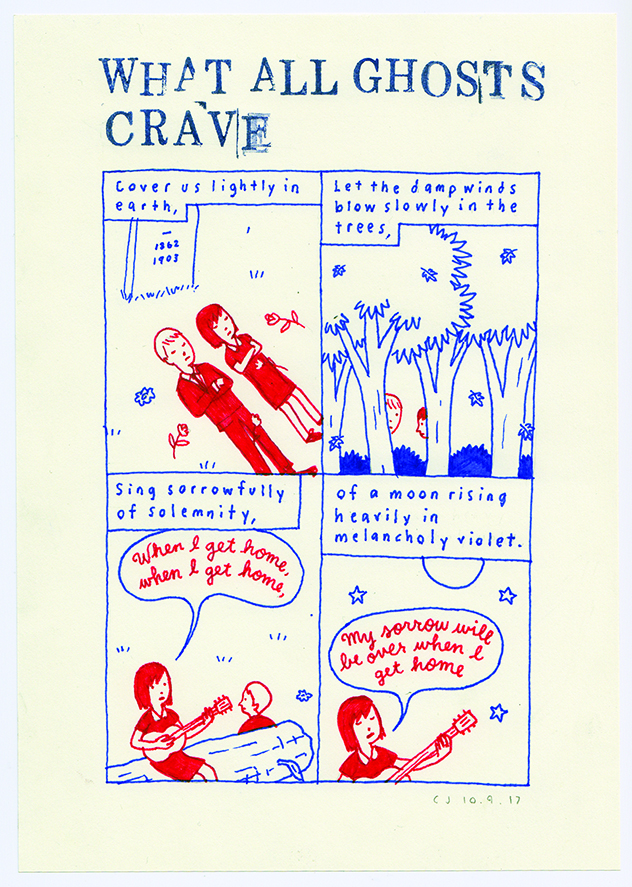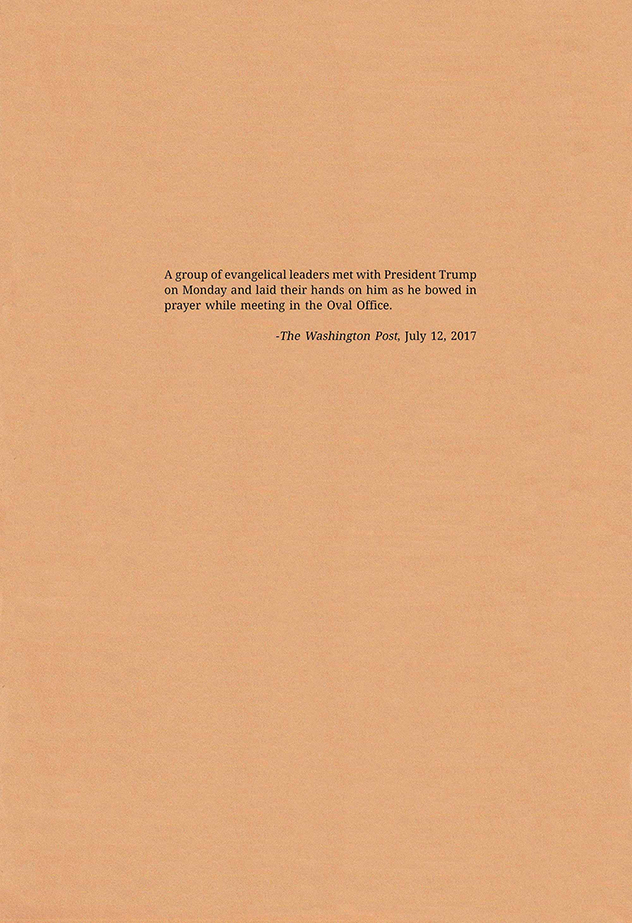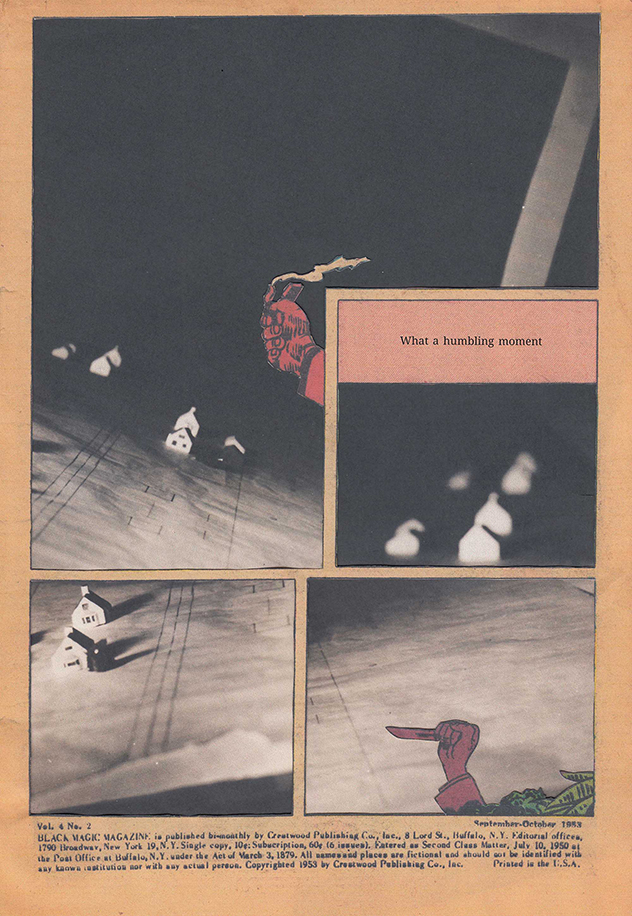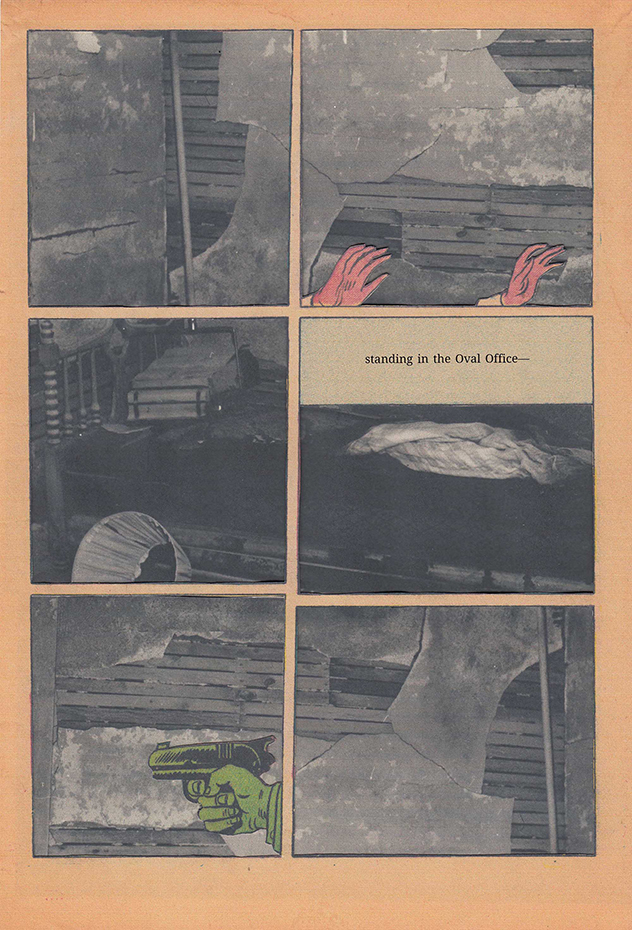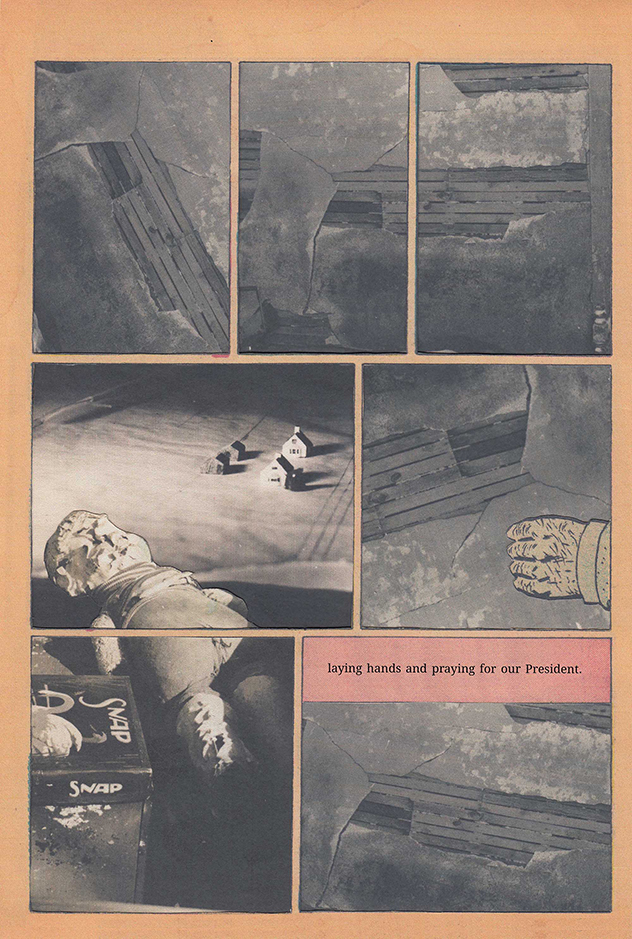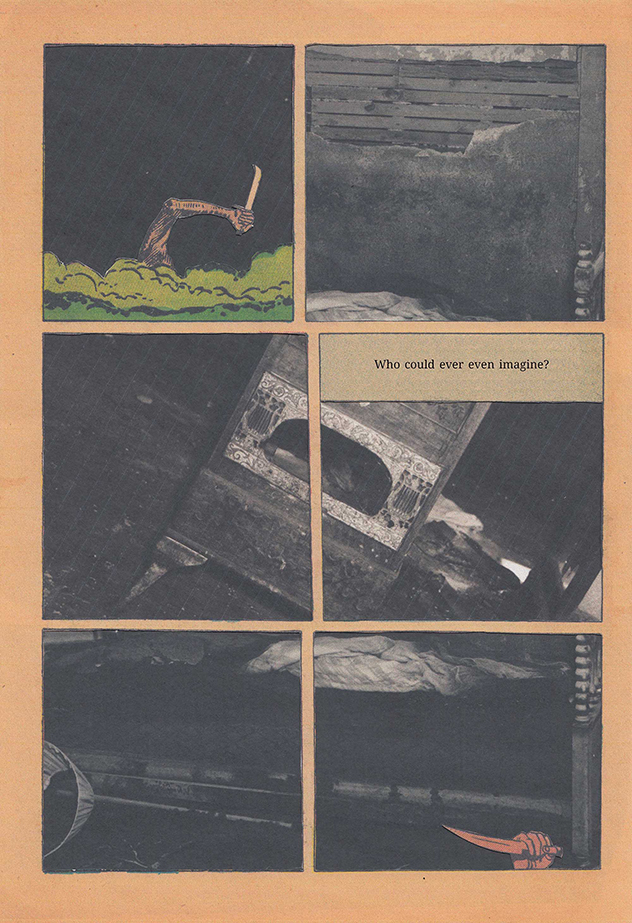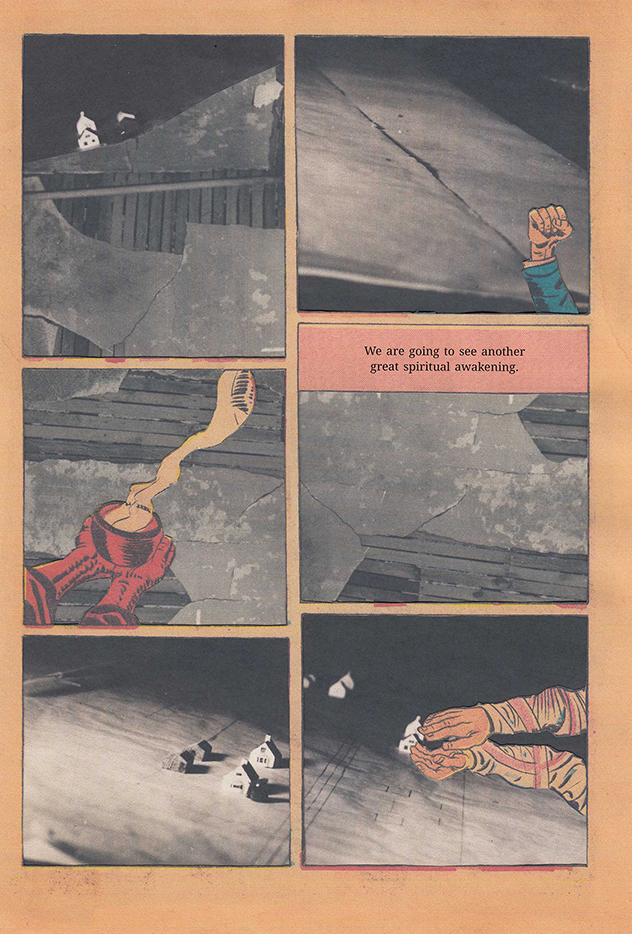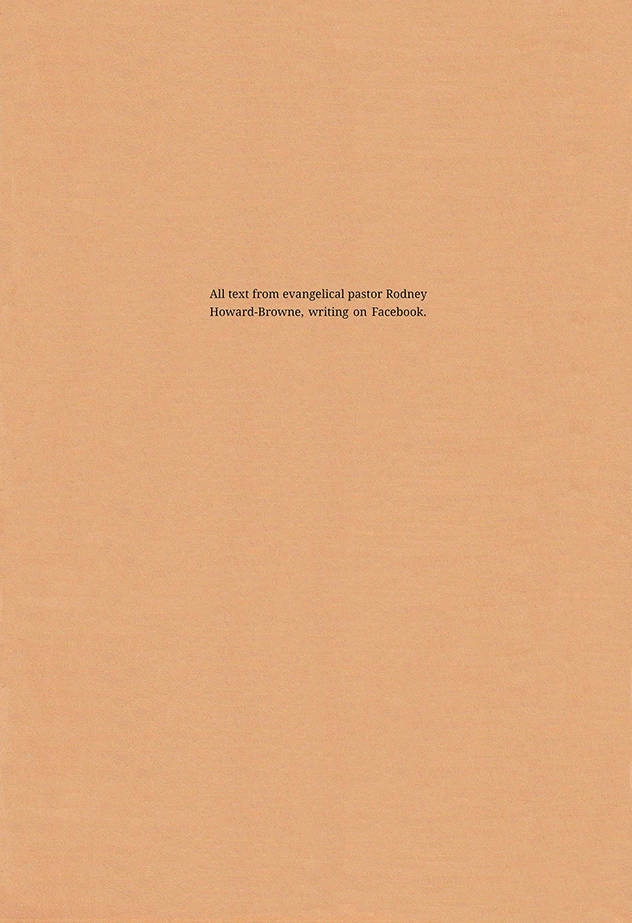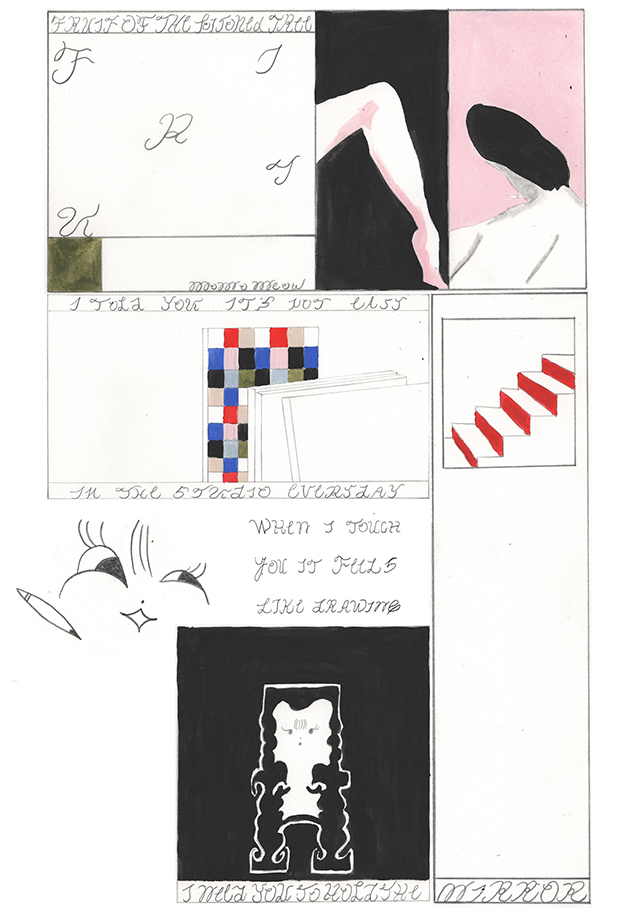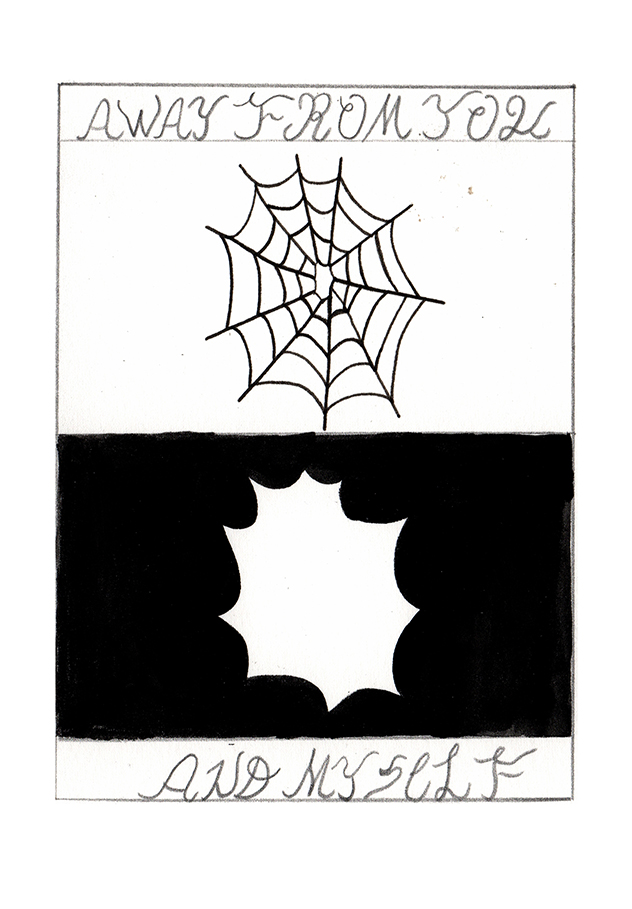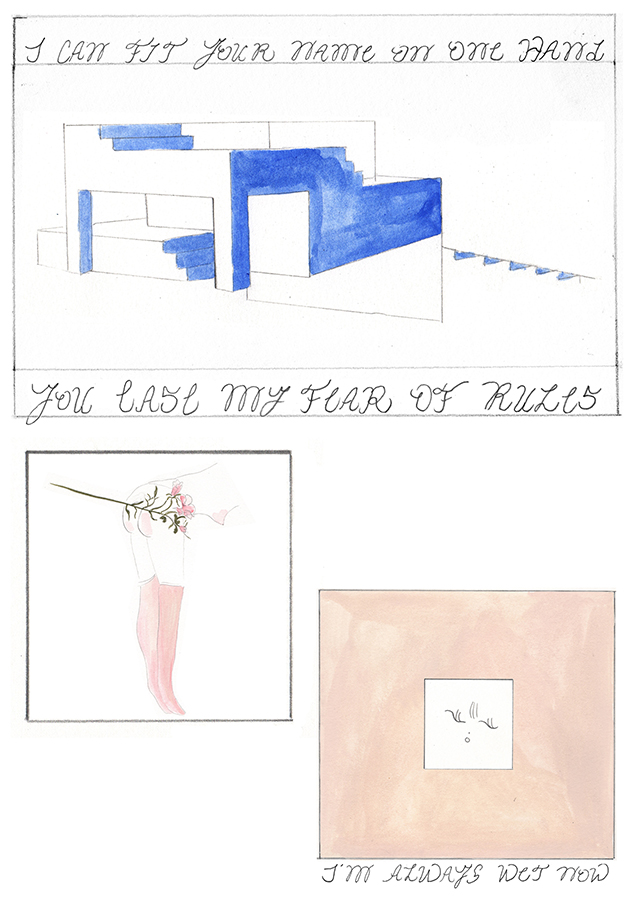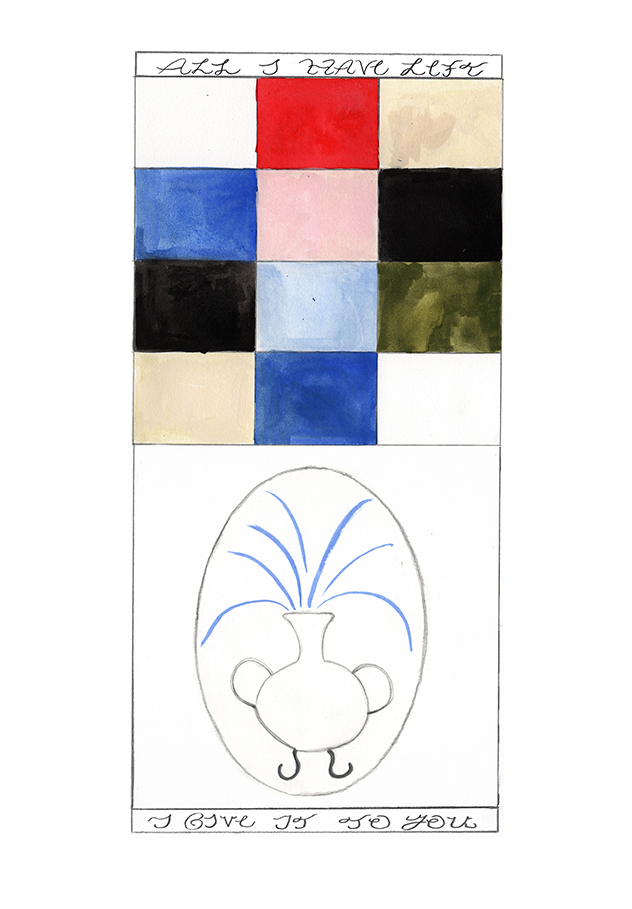Brave and Tiny Scholar
for Brandon and Lisa
Calm becomes the trombone, absolutely night; by nights the arrows go.
Hold my foot. For you, I dream a mountain; call me scorpion or scholar.
Suddenly, a year becomes alright. Smaller gods arrive to kiss your paw
then your brow. Scorpions arrive; melodies arrive.
Babies pull a book off a shelf. Her name is Yumi; call me Panda.
And I go, forty scars, absolutely dry; war around my ears. Smaller
clouds arrive, and I am brave, tiny Panda, scorpion of queens.
The Kiss
Walk with me, anon,
arresting thunder.
Should I leave?
The way a siege—
What blossoms underwater?
Should I wave?
For you, breathy rose of peach—
Sink us down, a throne.
It has to be—Eros.
That your birthday
led to bombing of a city.
Soon, I shower.
Bus on fire—
Both work out of time, locust.
Yesterday, I walked.
Thorn and nettle disappearing—
The Kiss, Again
Upstairs, the bus on fire held a hem of dress,
peaches after peaches. Soon, the water
infinitely red. I was burnt; surface, charged.
Soft as noun, birds anon parted glass
announcing limb by limb, going places.
Just, as now, in mouthing, when a mine
hath detonated, bodies recollect as one,
the shape of one who sees in her, returned.
Across the Willow [Salix Babylonica]
Anon two boats by dusk, rivers peal
currency of moss.
Bells, vanilla, soft as water. There,
I touch what’s mine
Fractures speaking, stones forget
their nature.
i.
Once correcting course, I walk across the bridge.
Returning— Gibbons branch
creating sound
ii.
Younger ones in ways of written
lore—
saying isn’t grief
splits when diving down.
iii.
Earthen shrapnel— Were the barracks touched
by vine, kudzu cities gored? How do I write
on genocide, the after this, anon?
iv.
I want to make a prism, less so, white.
Swirling, gibbons stuff their mouths.
Canto: peaches dry
monumental crimes.
v.
Anon— The sun reframes a night— Sleeping
parts are walking— Bells.
Anon the goat is led.
You make a field around you slaughter.
Vernacular— Rebirth— Syncopating
upside down—
We had a month to speak
yesterday.
vi.
Anon, removing
to its end—
vii.
Wasn’t I your grief passing through
an umbra wheel
in two
conversations, raised along your ramp?
viii.
I saw the maple
first of all
was fir collecting, therefore
red
scraped across her knees.
Were I
final, daughter lyric
passing a hold?
The ship is passing
under.
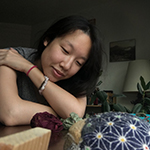
Sophia Terazawa is a poet of Vietnamese-Japanese descent. She is the author of two chapbooks: Correspondent Medley (winner of the 2018 Tomaž Šalamun Prize, published with Factory Hollow Press) and I AM NOT A WAR (a winner of the 2015 Essay Press Digital Chapbook Contest). Her poems appear in The Seattle Review, Puerto del Sol, Poor Claudia, and elsewhere. She is currently working toward the MFA in Poetry at the University of Arizona. Her favorite color is purple.

 BACK TO ISSUE
BACK TO ISSUE
